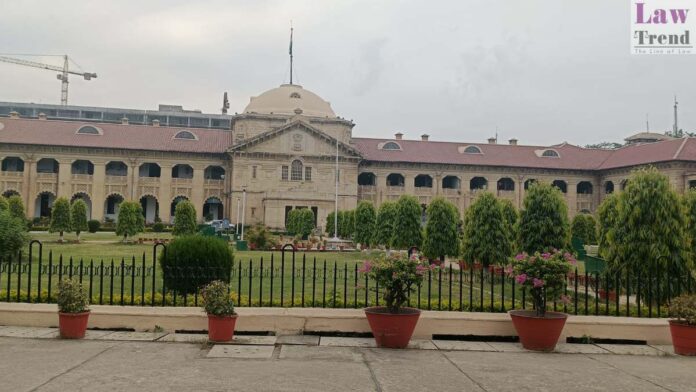In a landmark ruling, the Allahabad High Court has declared that a Family Court’s declaration of marital status under Section 7 of the Family Courts Act, 1984, serves as a judicial endorsement, even in cases of extra-judicial divorce. The judgment came in First Appeal No. 495 of 2024, challenging the decision of the Additional Principal
To Read More Please Subscribe to VIP Membership for Unlimited Access to All the Articles, Download Available Copies of Judgments/Order, Acess to Central/State Bare Acts, Advertisement Free Content, Access to More than 4000 Legal Drafts( Readymade Editable Formats of Suits, Petitions, Writs, Legal Notices, Divorce Petitions, 138 Notices, Bail Applications etc.) in Hindi and English.




